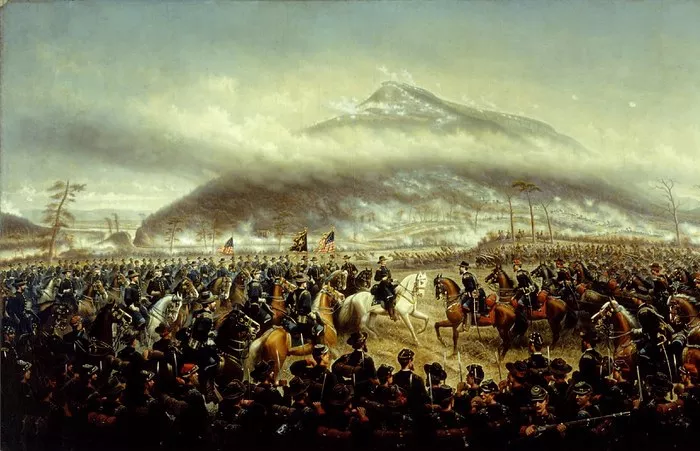February 14 is widely recognized as Valentine’s Day, but it also holds historical significance in Canada. Over the centuries, various events have shaped the nation’s social, political, and economic landscape on this date. From pivotal legal changes to significant cultural developments, February 14 has been marked by notable moments in Canadian history. This article explores several key events that occurred on this day, providing insight into their impact on the country.
What Happened on February 14 in Canadian History?
The Founding of the Canadian Federation of Students (1981)
On February 14, 1981, the Canadian Federation of Students (CFS) was established in response to the growing need for student advocacy in higher education. The CFS was formed by merging several regional student organizations to create a unified national voice. The goal was to promote affordable education, protect students’ rights, and lobby for better funding in post-secondary institutions. Since its creation, the federation has played an influential role in shaping policies related to tuition fees, student debt, and accessibility to education across Canada.
The 1949 Newfoundland Referendum Debate
In 1949, Newfoundland was on the brink of joining Canada, and February 14 marked an important day in the ongoing debates. Politicians and citizens engaged in discussions about the economic and political consequences of confederation with Canada. The debates centered on concerns over autonomy, financial stability, and the future of the fishing industry. The confederation was ultimately approved later that year, bringing Newfoundland into Canada as its tenth province.
The Battle of Fort Beauséjour Preparations (1755)
February 14, 1755, was a crucial day in the lead-up to the Battle of Fort Beauséjour, a key conflict between the British and the French in present-day New Brunswick. British forces, under Colonel Robert Monckton, began planning an attack on the French stronghold as part of their larger strategy to take control of Acadia. The battle, which would occur later in the year, was a turning point in the struggle for dominance in North America, leading to the eventual expulsion of the Acadians.
Women’s Suffrage in Manitoba and Canada’s Changing Political Landscape (1916)
Although Manitoba granted women the right to vote on January 28, 1916, February 14 was a day of continued activism and celebration for women’s rights advocates. Following Manitoba’s lead, Alberta and Saskatchewan soon passed similar laws, and momentum built across the country. By 1917, women gained the right to vote federally under the Wartime Elections Act, marking a fundamental shift in Canadian democracy. February 14 remains symbolic of the ongoing struggle for gender equality in Canada.
The Death of Sir John A. Macdonald’s Political Rival, Antoine-Aimé Dorion (1891)
On February 14, 1891, Antoine-Aimé Dorion, a key political figure in 19th-century Canada, passed away. Dorion was a staunch opponent of Confederation and a prominent advocate for French-Canadian rights. As a leader of the Parti Rouge in Lower Canada, he opposed Sir John A. Macdonald’s vision of a centralized government, fearing that it would marginalize Quebec’s interests. His contributions to Canadian politics included advocating for responsible government and minority rights. His death marked the end of an era for reformist politics in Canada.
Exploration and the Fur Trade: David Thompson’s Mapping Efforts (1808)
February 14, 1808, was significant in the career of David Thompson, one of Canada’s greatest explorers and cartographers. Around this time, Thompson was completing extensive surveys of the Columbia River basin. His detailed maps and journals provided invaluable information about the geography and Indigenous communities of western Canada. His work played a crucial role in the expansion of the fur trade and the eventual settlement of British Columbia.
The Evolution of Indigenous Rights and Treaties
On February 14, various moments in Canada’s history have been connected to Indigenous rights and treaty negotiations. The mid-20th century saw increased advocacy for Indigenous self-governance, education, and legal recognition. February 14 often marked anniversaries of discussions between Indigenous leaders and the federal government. These discussions contributed to key legal cases and policy changes that shaped Indigenous rights in Canada, such as the recognition of treaty rights in the 1982 Constitution Act.
Conclusion
February 14 has been a historically rich day in Canada’s past, influencing political, educational, and social landscapes. From student advocacy to Indigenous rights, and from political rivalries to military preparations, this date has witnessed critical moments that have shaped the country. Understanding these historical events helps us appreciate the complexity and depth of Canada’s journey as a nation.
Related Topics:

